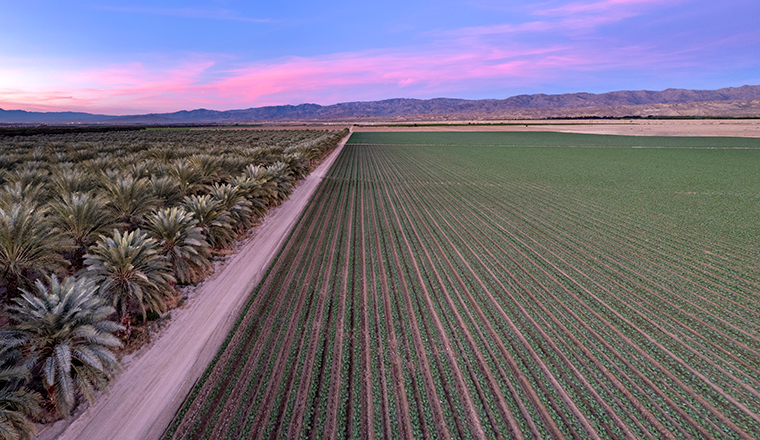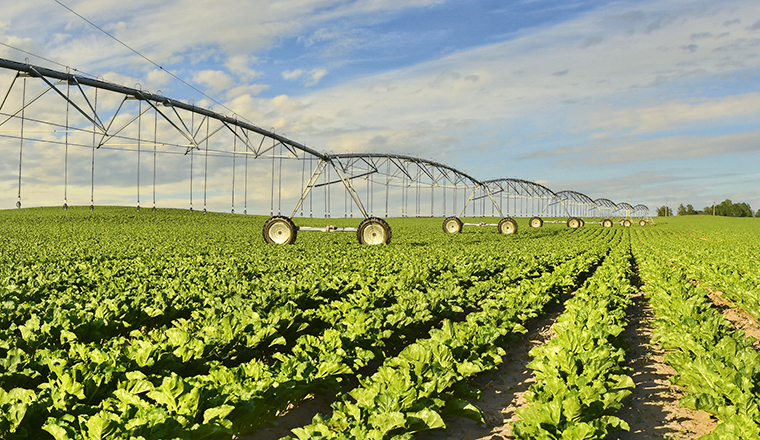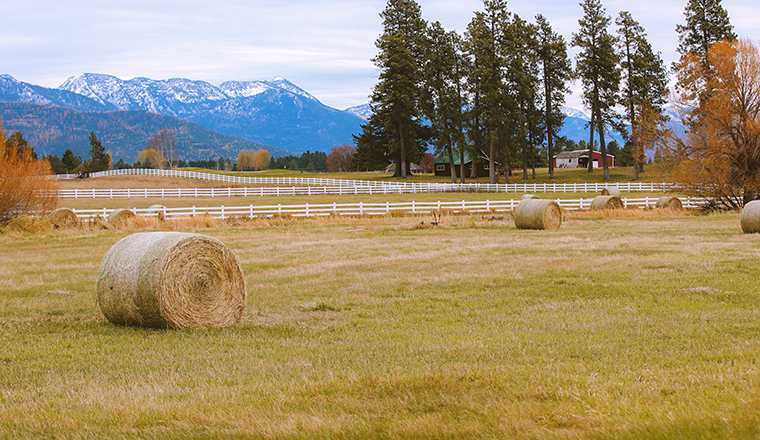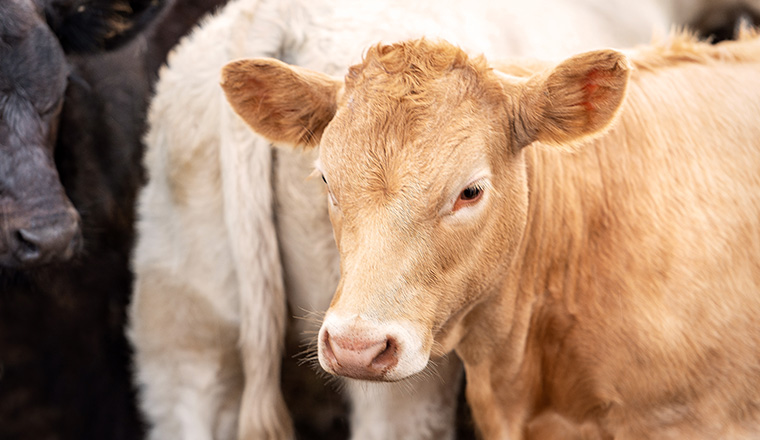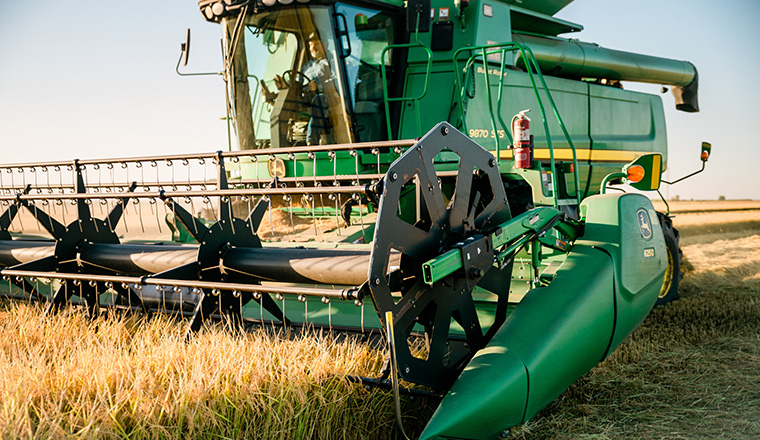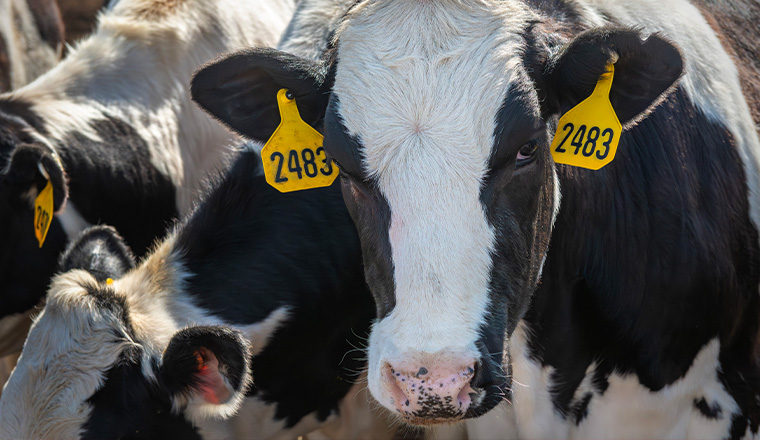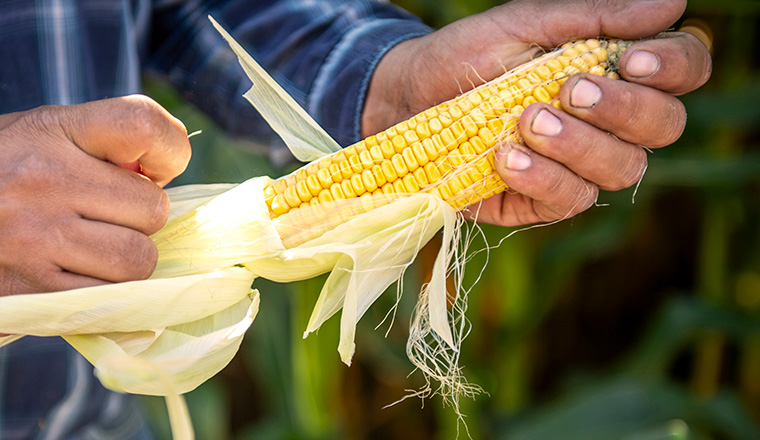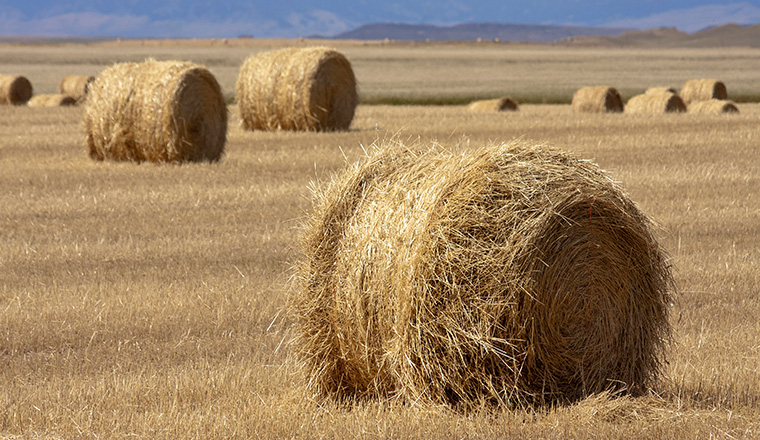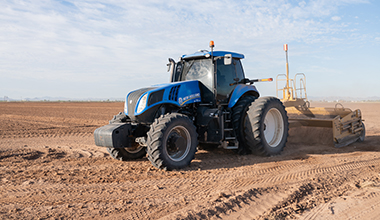Industry Insights
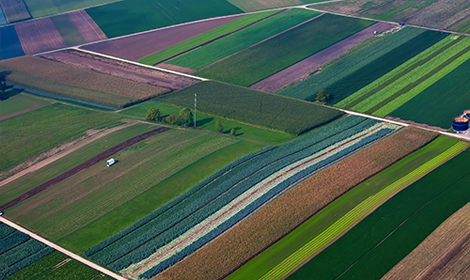
Industry Insights
Mistakes Young Farmers and Ranchers Make: Part 1
The participants represented all shapes and sizes of agricultural businesses and demographics.
In a question-and-answer dialogue, we were asked, “What mistakes do you see young producers make?” Wow! The two of us could write a book on the subject to address many points.
We have both observed that over the years some young people start college or technical school thinking they know all the subject matter. Yes, some courses can be less challenging; however, school has many benefits, one of which is networking and engaging with others who are not like you. This experience will often challenge your thought processes. When challenged, some young people throw up a defense mechanism or are intimidated. This is going to happen in life and the ability to critically think about points, concepts and factors that are outside the box can be a valuable experience.
The next big mistake is waiting too long for family members to provide some management responsibility. Dr. Hanson discussed a situation with a 93-year-old matriarch still calling the shots in the business with a 68-year-old son, a 40-year-old grandson and a 20-year-old great-grandson. As people live longer, failing to transition management is going to become a bigger challenge and issue in family businesses.
The senior generation may have an ego and feel that because they own the farm and have the equity they need to call the shots. Often lawyers, accountants and Uncle Sam reap the benefits of this situation when an ego has gone bad, particularly with the senior generation.
The next big mistake is when the younger generation returns to a situation that is not profitable but has enough equity to allow the farm business to continue. A transparent, forensic assessment of the financials with all partners included is a very early and high priority before the younger generation starts in the business. Be careful of using a Schedule F tax form, because often the objective is to show financial losses to reduce income taxes. In some cases, an outside facilitator will conduct the assessment and analysis of accurate profits to ascertain the true level of net income for all generations.
In the next column, we will continue the saga of the mistakes that young people make when entering into an agricultural business.
